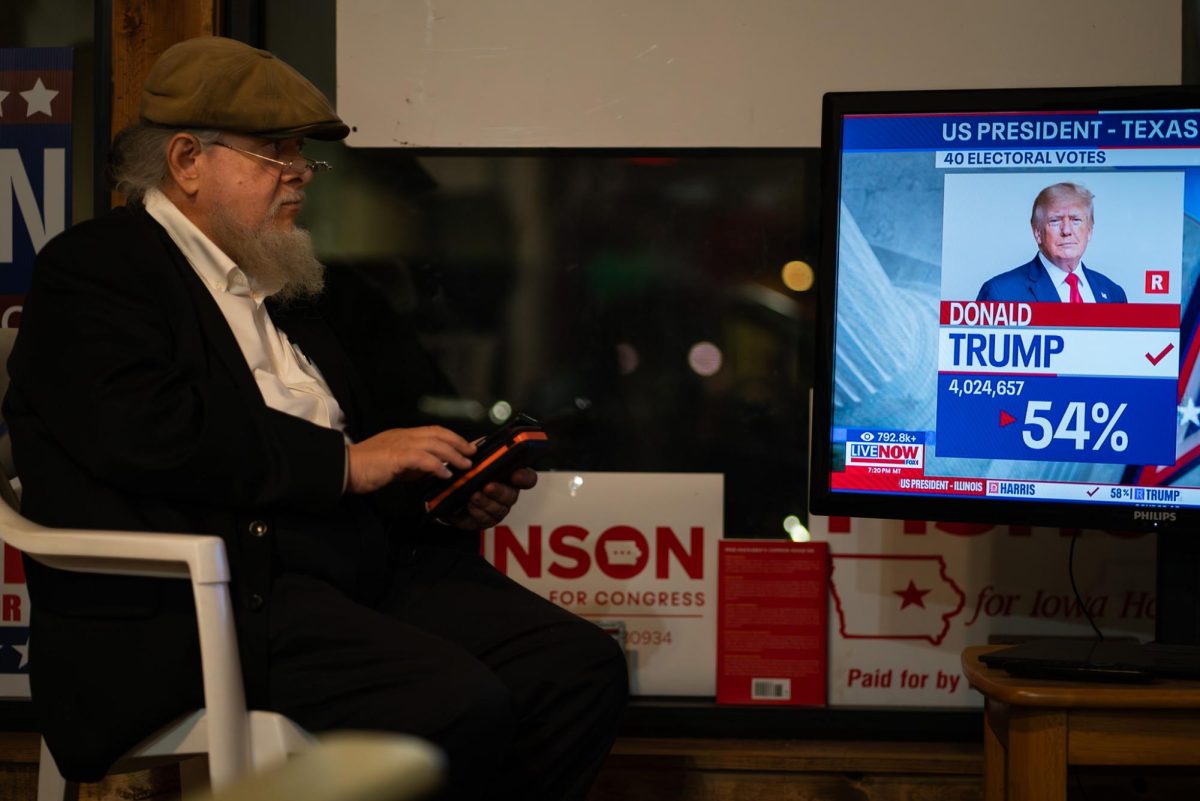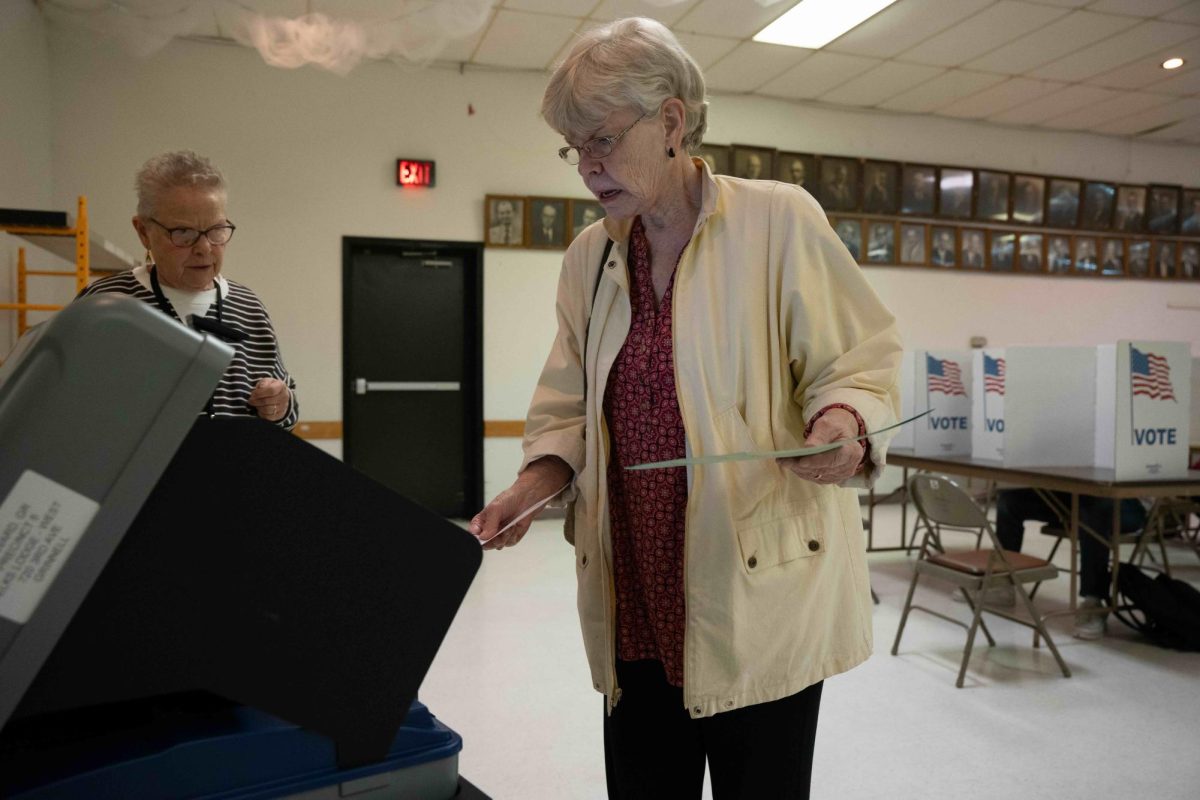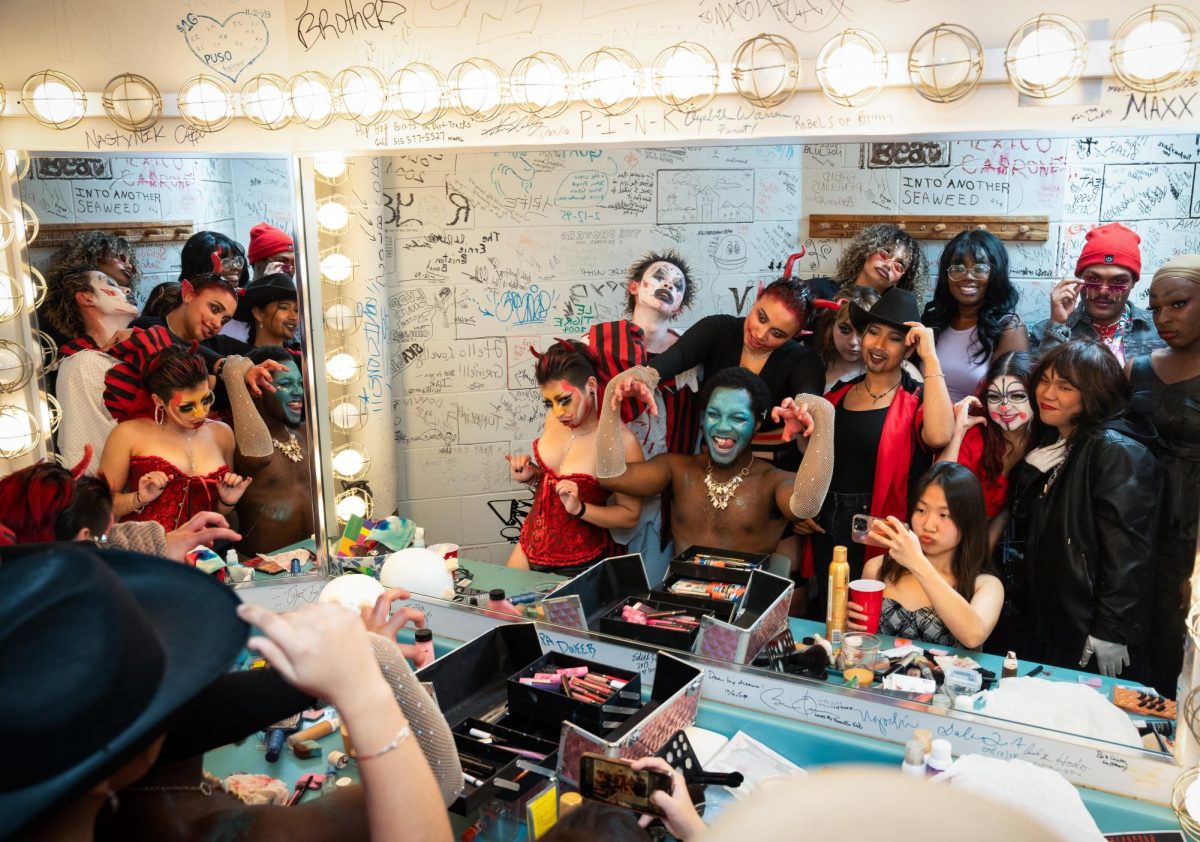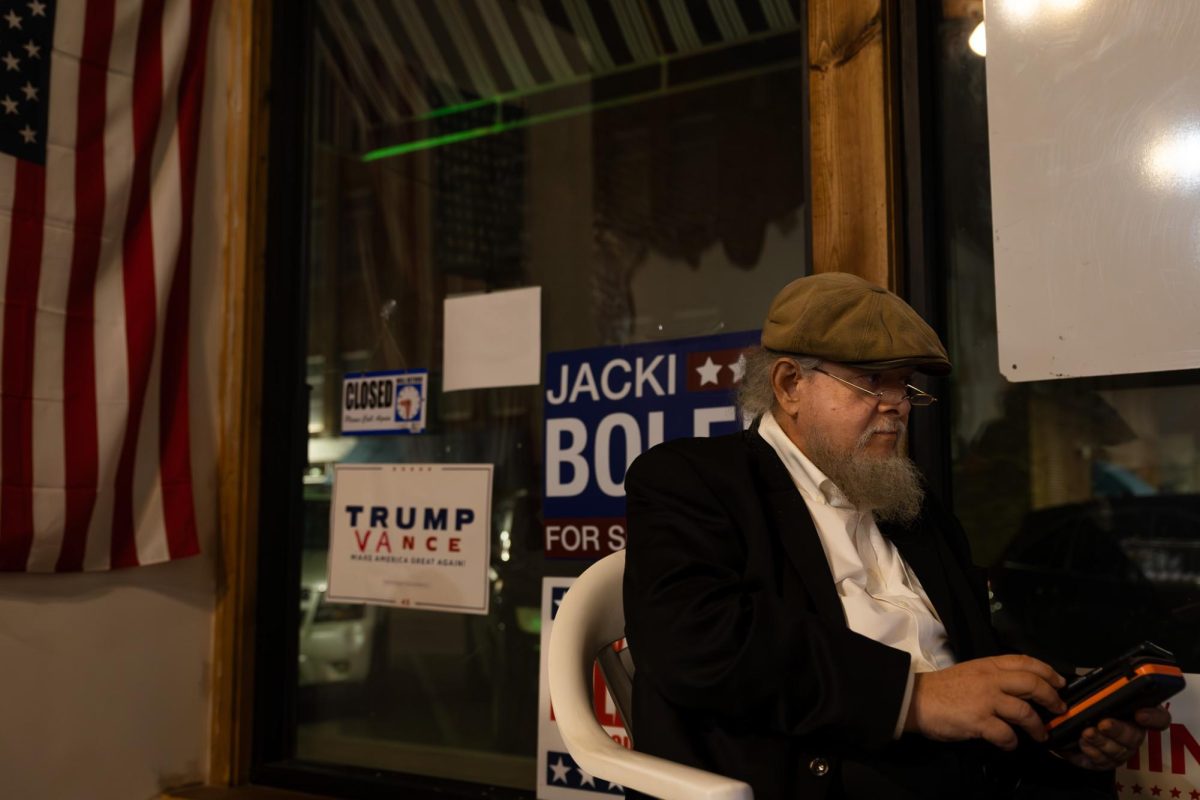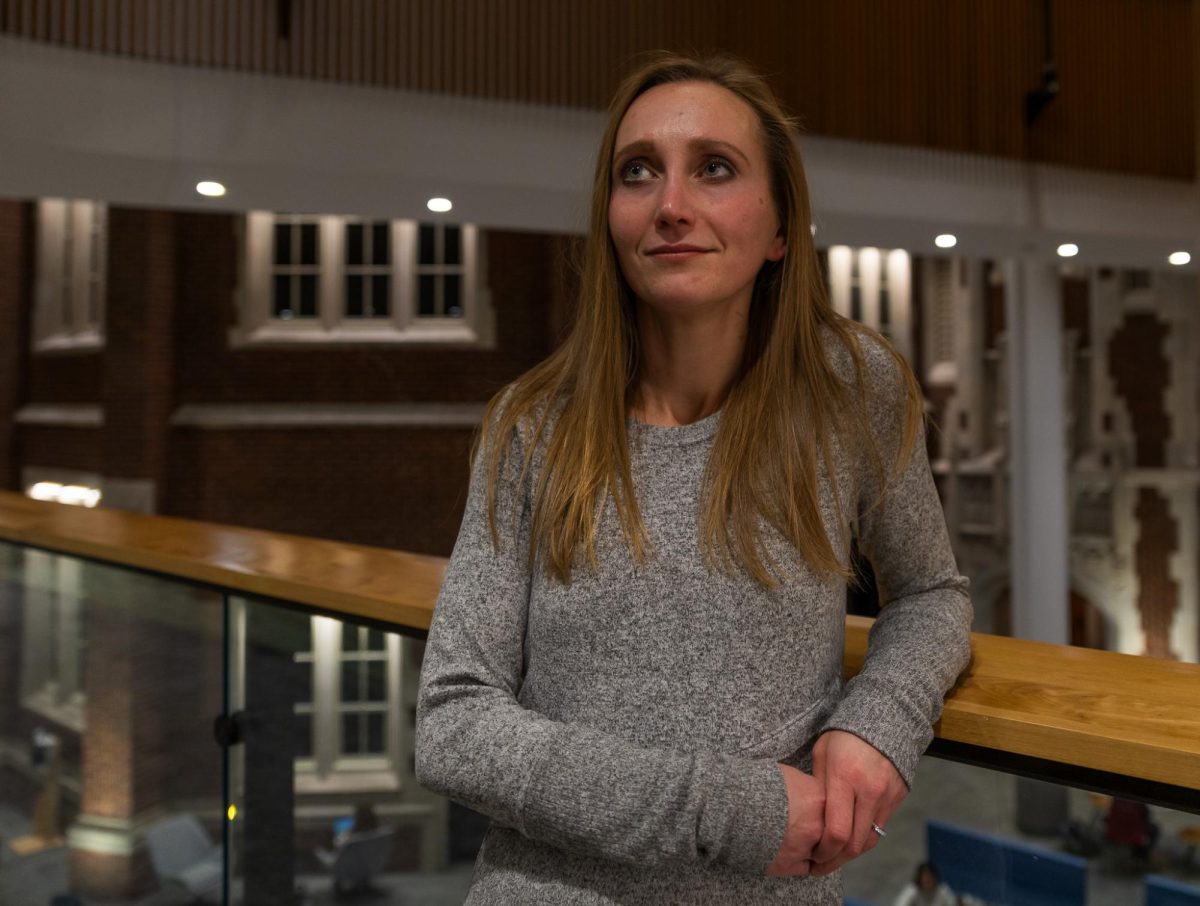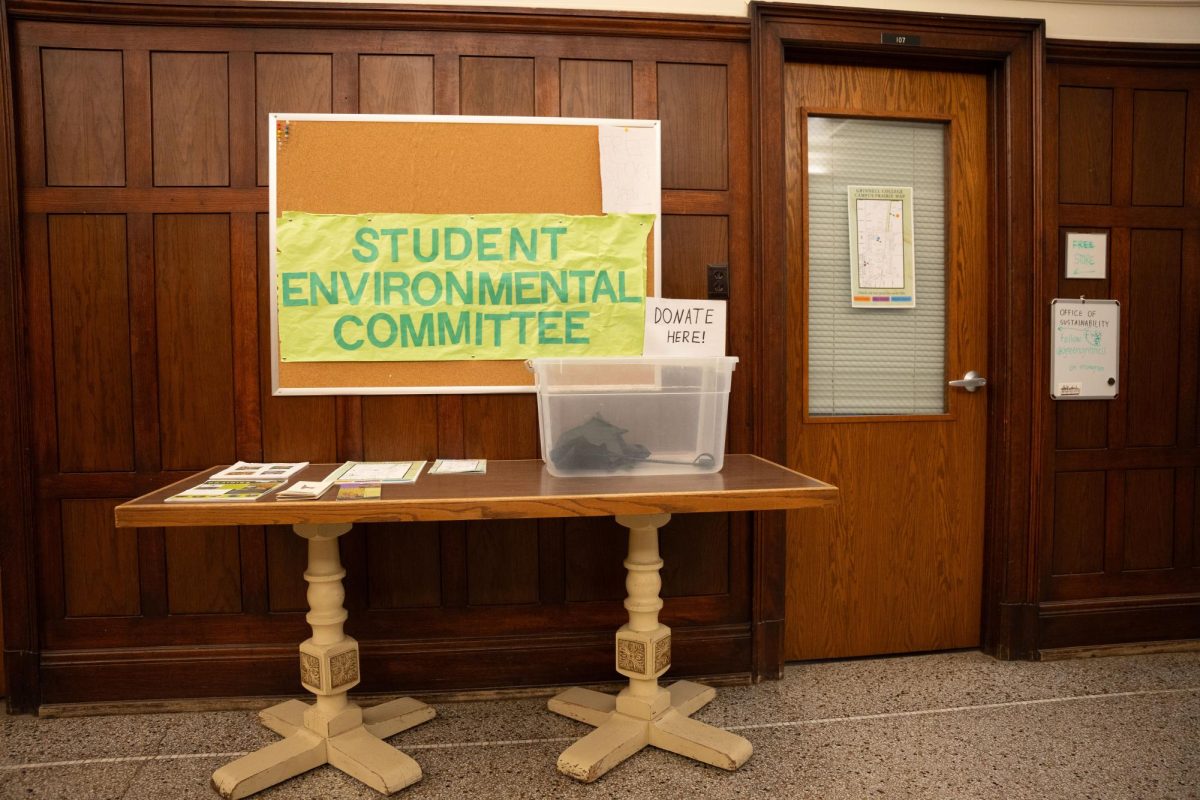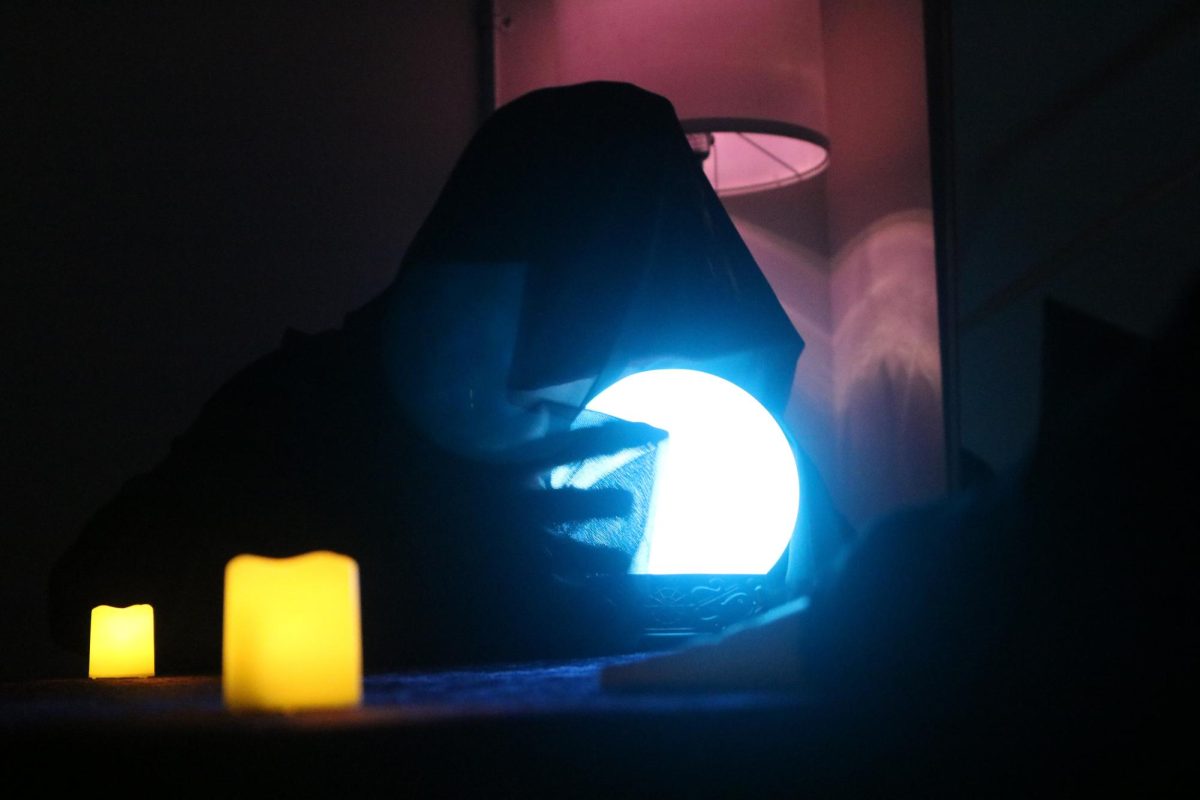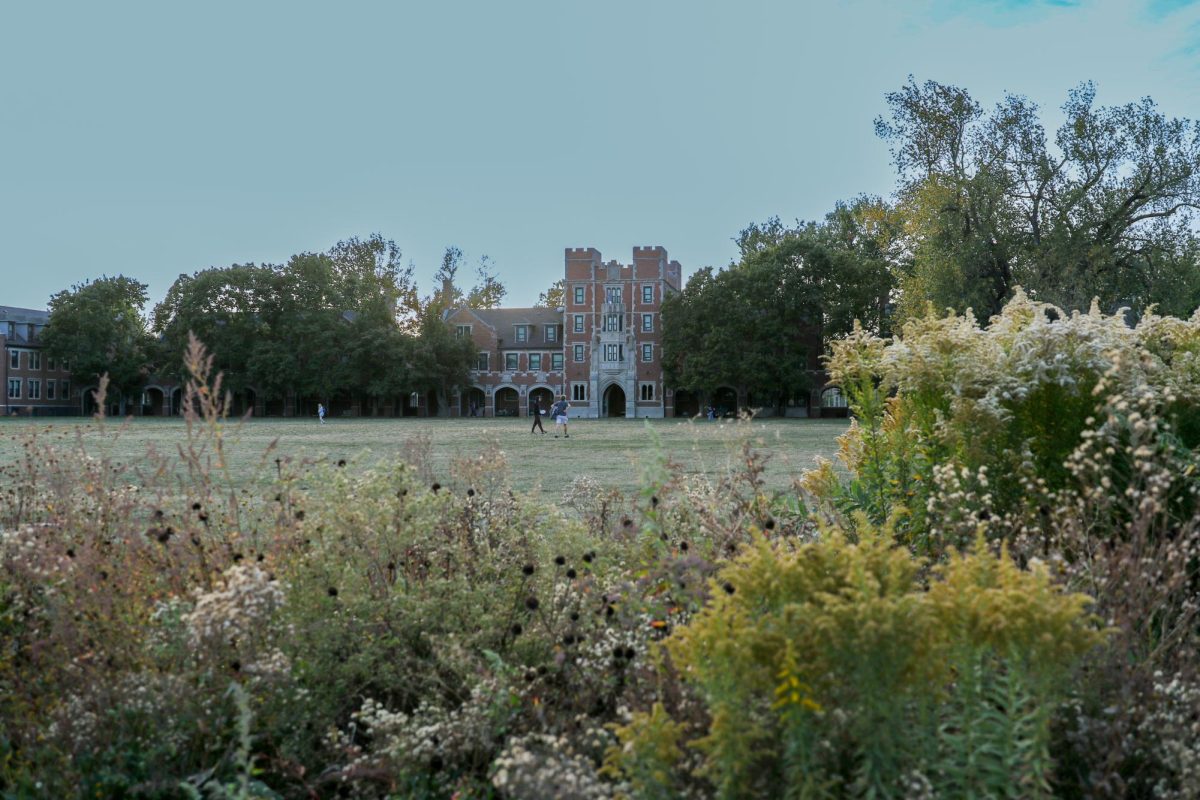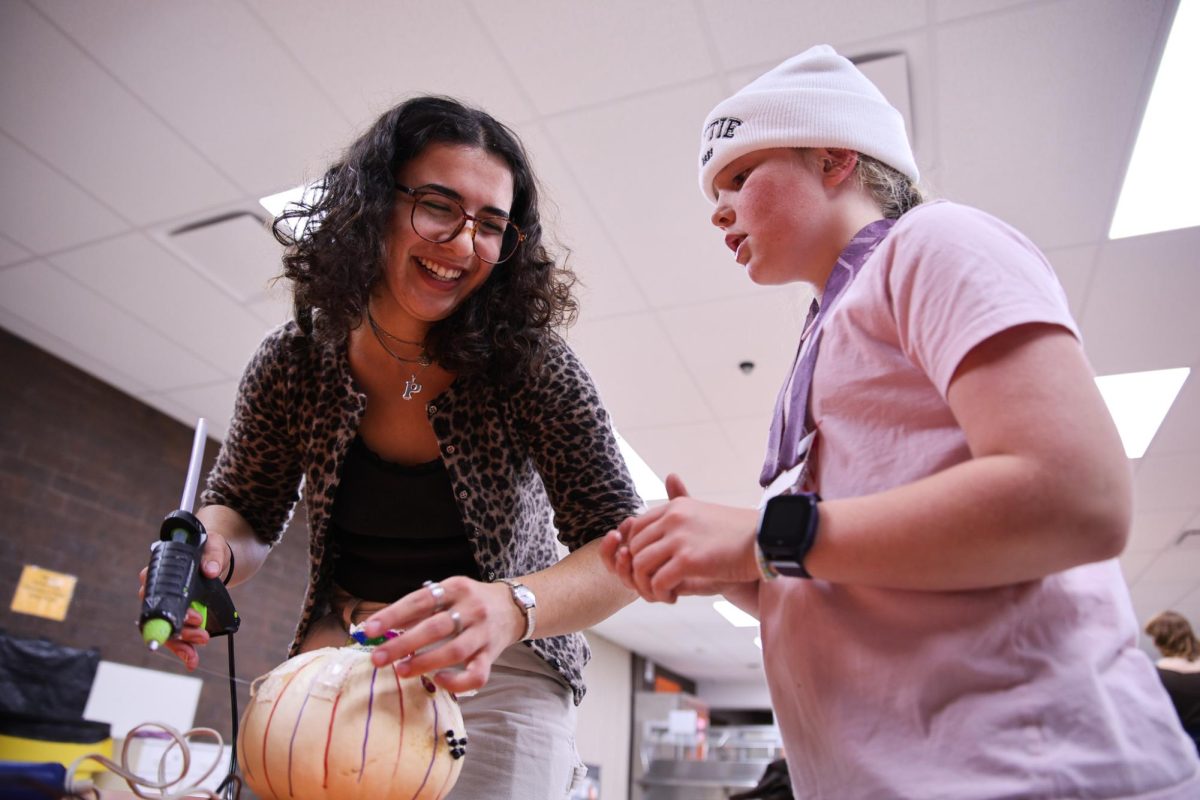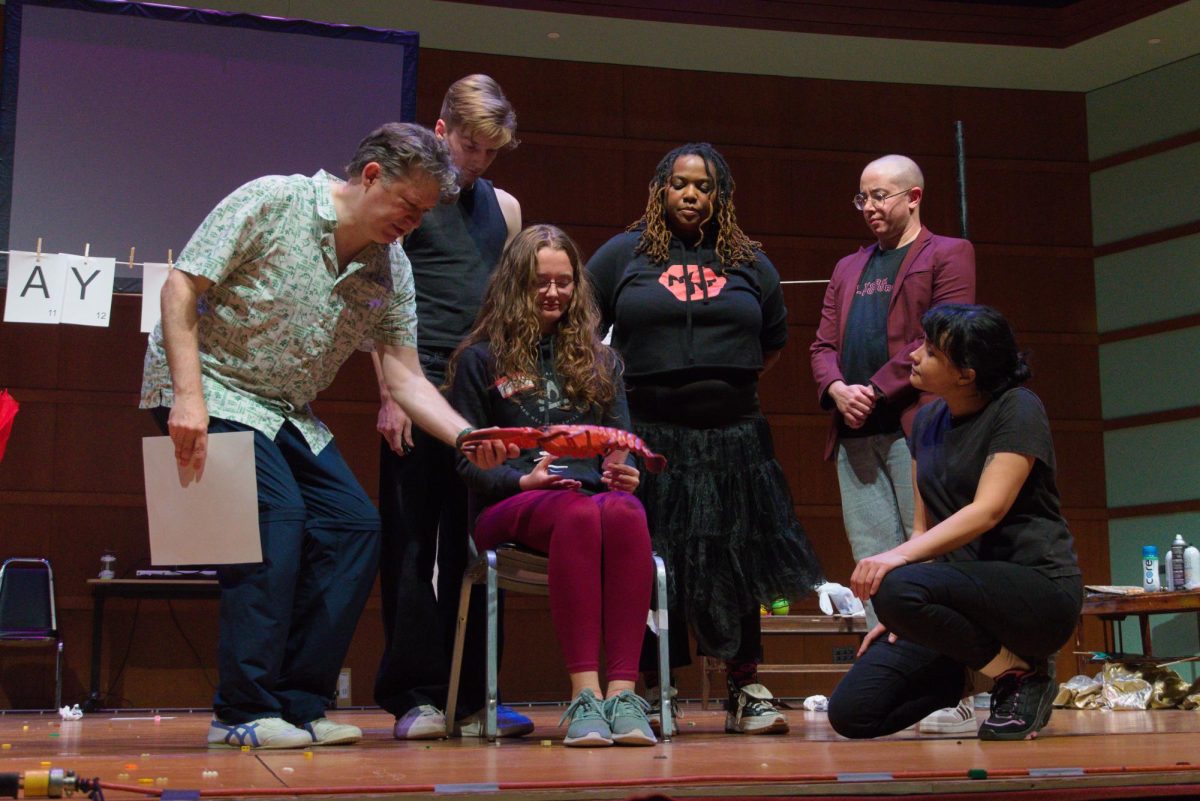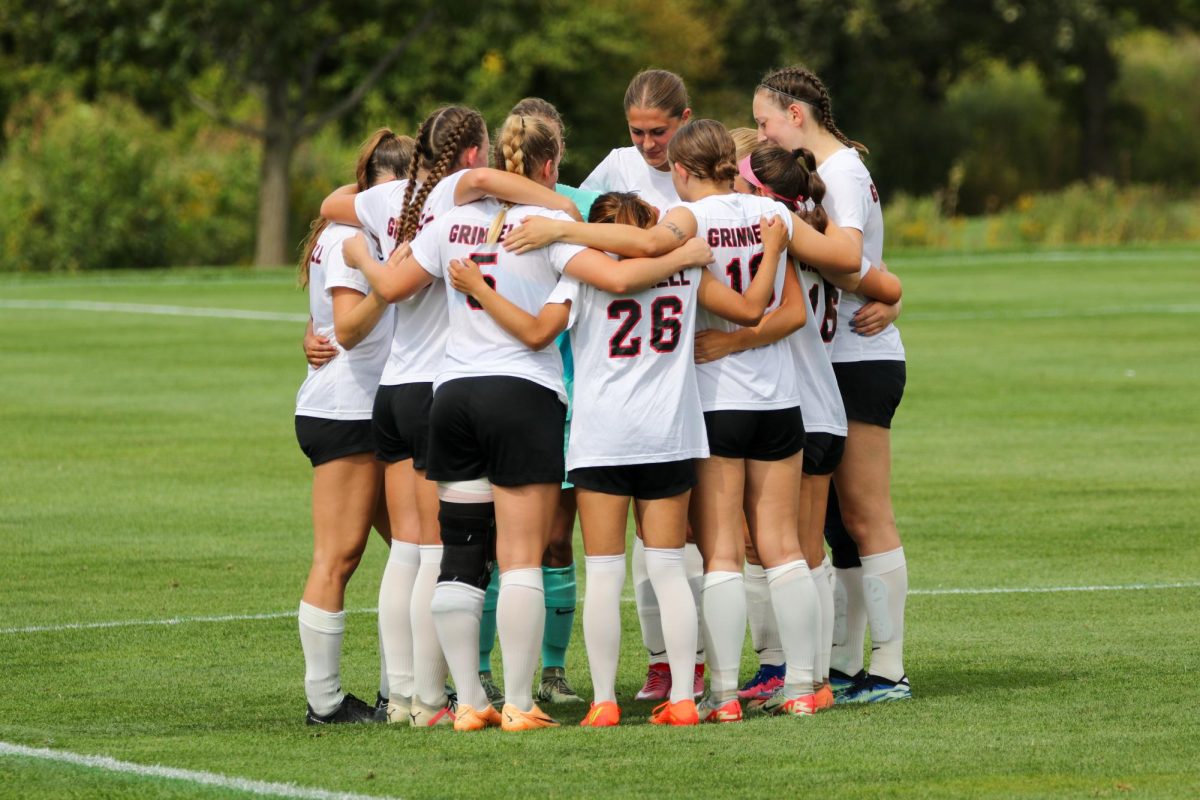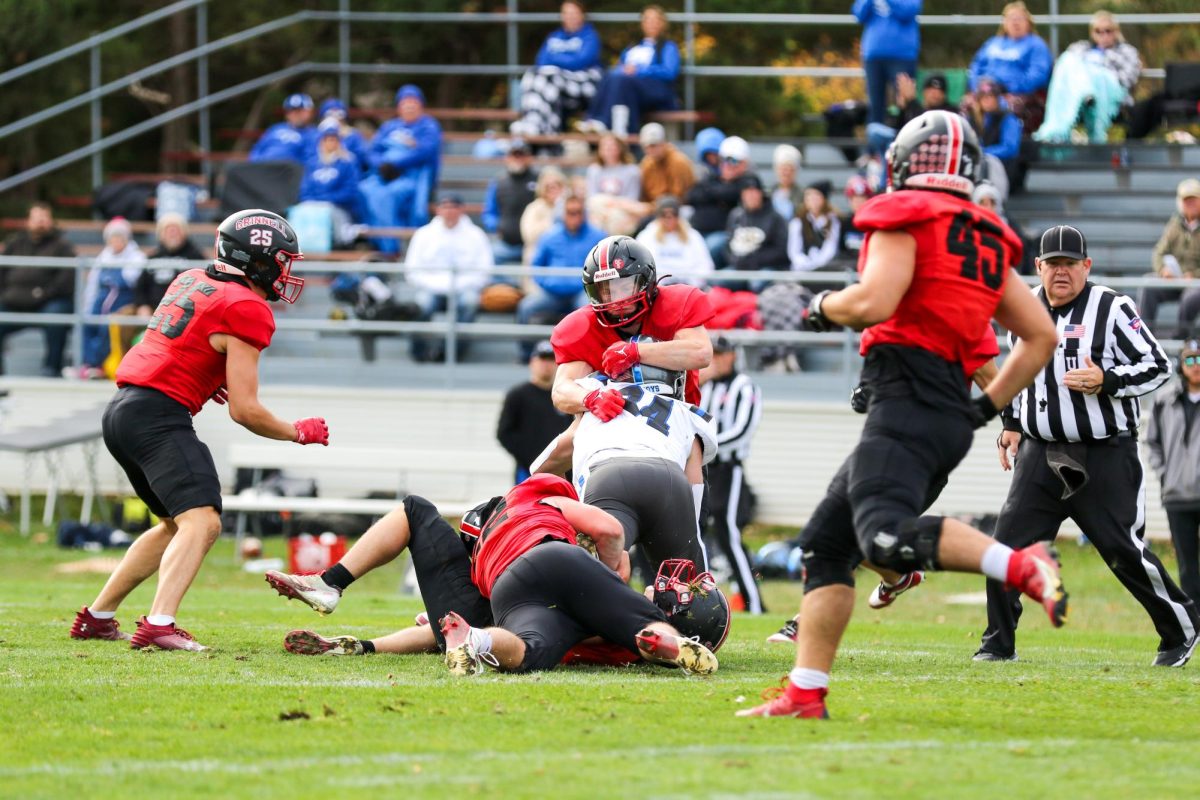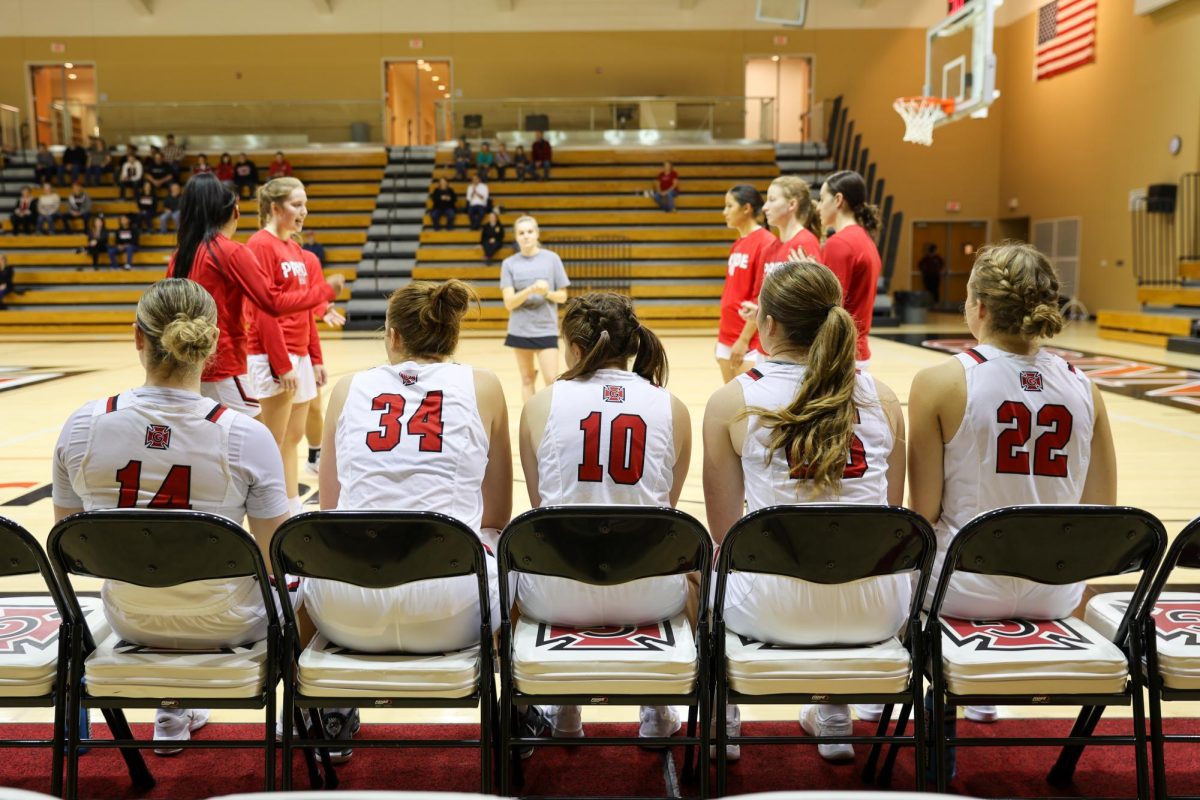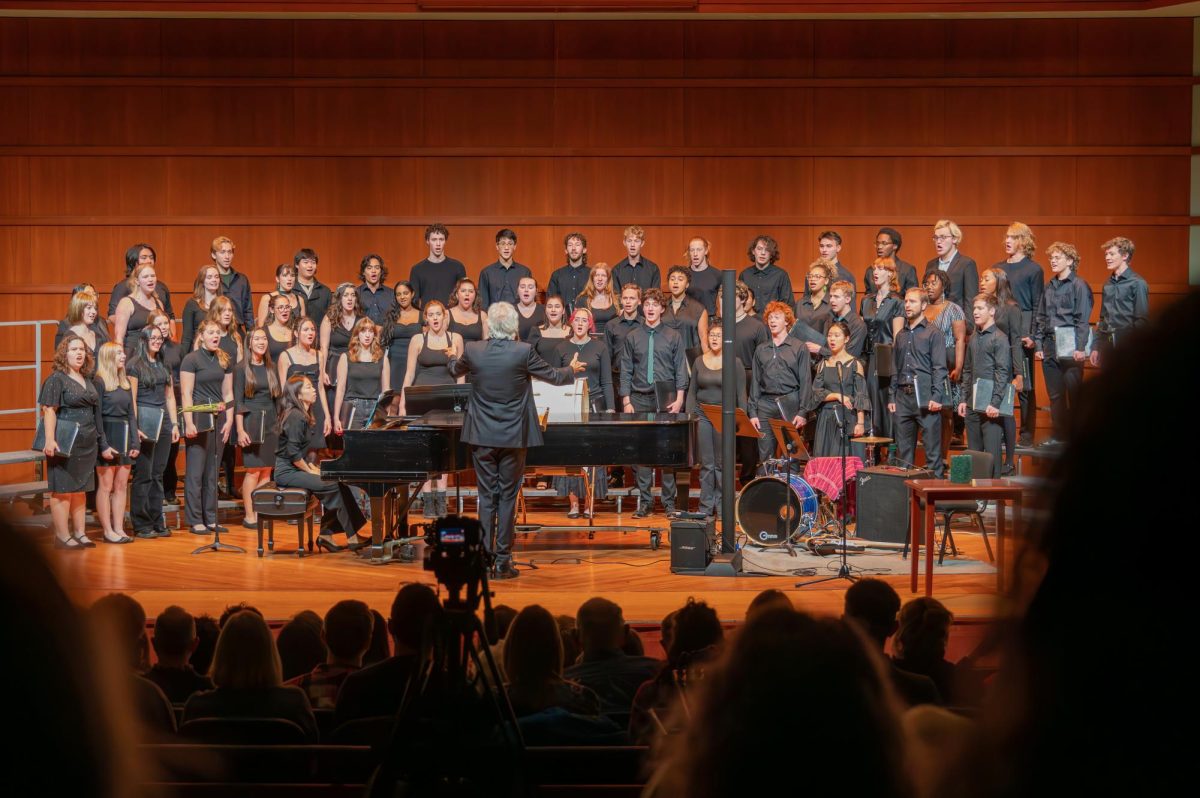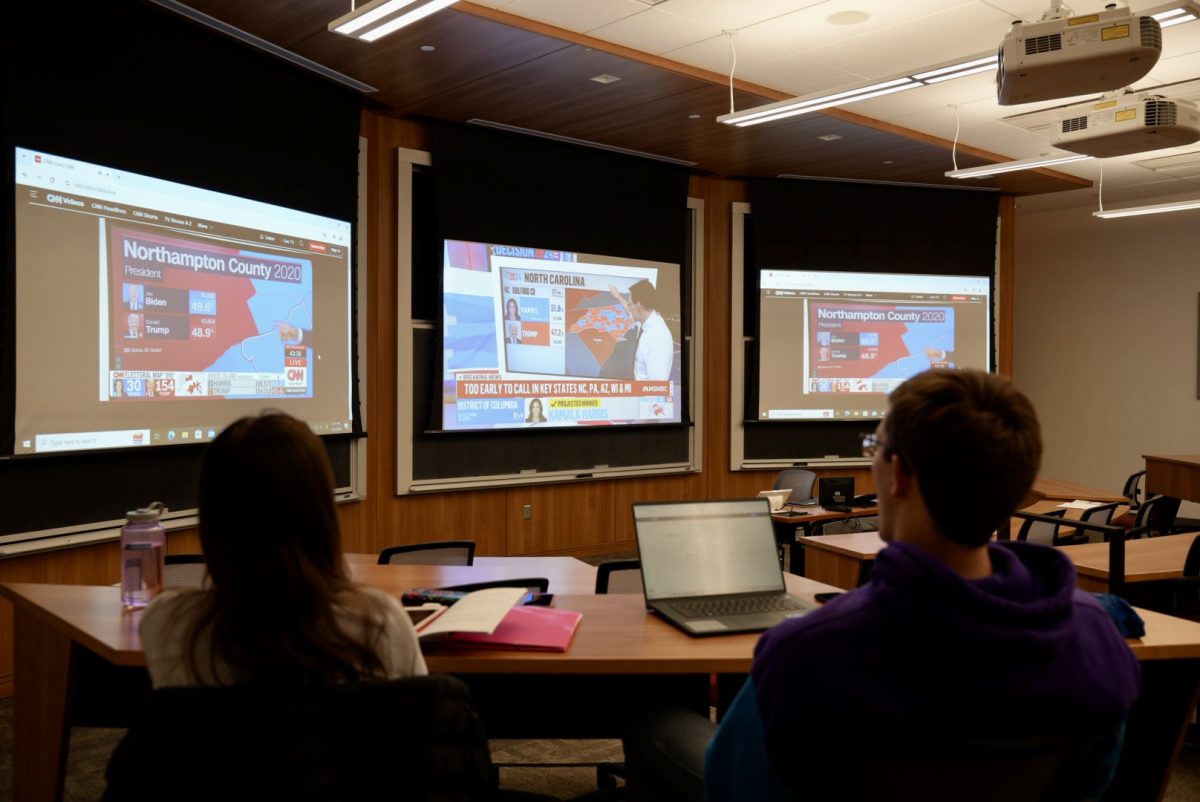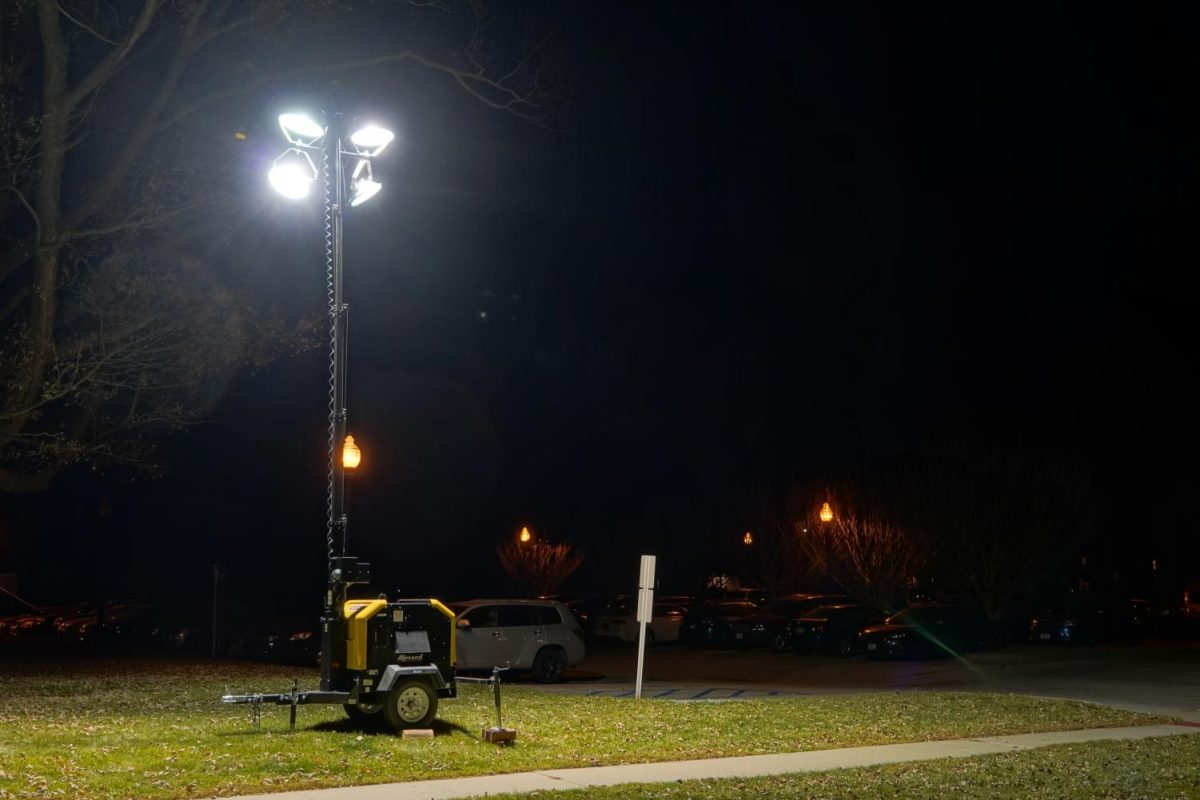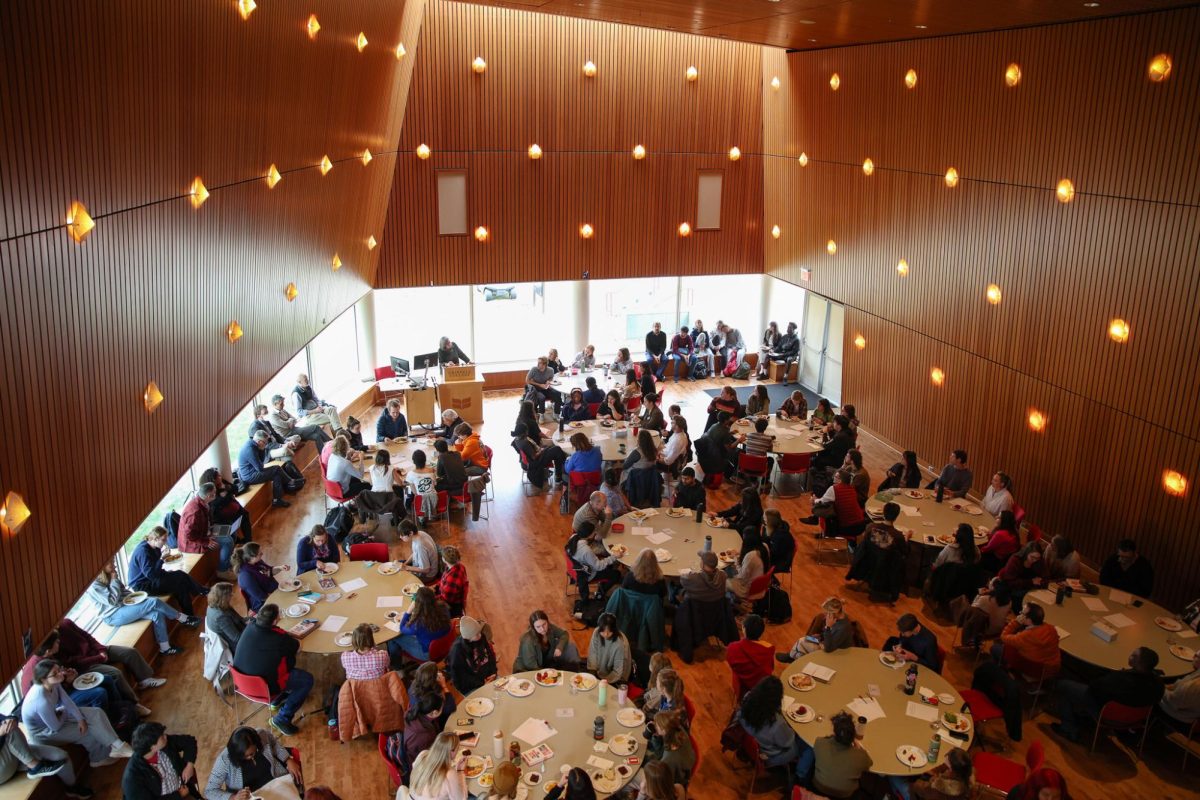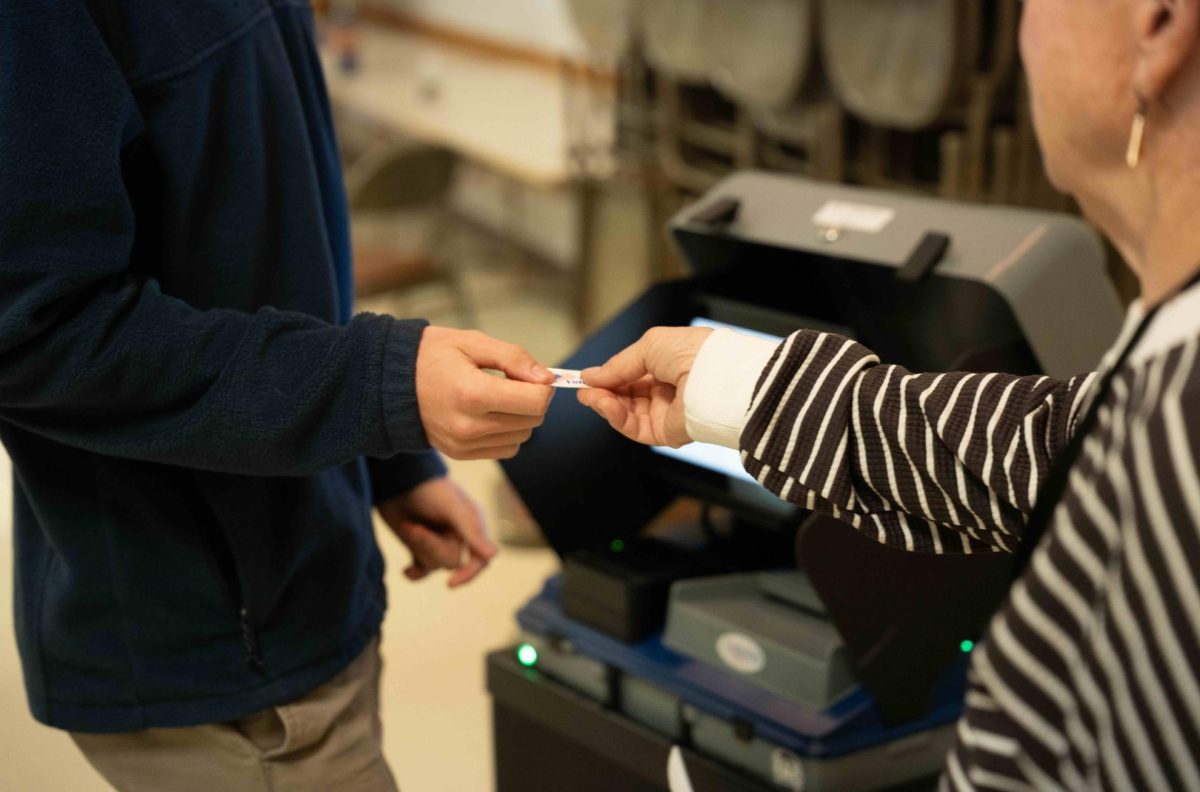
The Grinnell Library recently bought an institutional license to the Washington Post website, meaning that any device connected to the Grinnell College Wi-FI can access the Washington Post dating back to 2005 (not including the crosswords and other special features), no login required.
“The large papers like the New York Times, Wall Street Journal and Washington Post have been reluctant to have a purchase model that included academic institutions. It’s hard times for newspapers and they’ve been trying to get by,” said Kevin Engel, head of Kistle Science Library.
“[The Washington Post] didn’t put out an educational license until August of this year and initially they came in with a very high price, much too high. Initially the price would have been $7,000 a year; now we get it for $2,000 a year and we’re locked in for three years,” Engel said.
The Washington Post was free for people at academic institutions until November 2017. The library chose to purchase online access based on student demand. Previously students could only read paper copies in Burling. The paper newspapers in Burling that get the most use are the Des Moines Register and the Wall Street Journal, which are both delivered daily.
The Center for Research Libraries (CRL), of which the Grinnell library is a member, negotiated the initial offer with the Washington Post.
“It was just a matter of contacting CRL saying we’re interested, they got a quote from the Washington Post for us, we talked to the Washington Post directly, did a little negotiation on price and then it was just paperwork, licensing and so on. And then they take our IP addresses and set up the access,” Engel said. “We were probably one of the first colleges in the nation under the new pricing structure because they were figuring out their forms with us.”
The library decides what services to buy based on student demand and the cost-per-use. For example, the New York Times online costs $7,950 a year, but the number of people who use it bring the cost-per-use down to three and a half cents.
“The great world of newspapers and things is a Wild West because everyone’s trying to make money in a changing time, so there are lots of different offers and access methods and we’re hoping to provide the campus with the broadest access and the best access we can,” Engel said.
Foreign Affairs, to which Grinnell also has a site license, was another frequently requested publication. “The complete version of publications is now the digital version. There’s a lot of content in Foreign Affairs that never makes it into the print magazine. And so, to get that stuff for classes, we went with the site license,” Engel said.
The library also buys access to streaming video and music. Some film and video databases Grinnellians have access to include Films On Demand, Filmmaker’s Library Online, Naxos Video and Kanopy. Naxos Music has classical and international music.
“Streaming video is a very hot area right now, and faculty are incorporating film in their classes more and more,” Engel said. “Everyone would like to have an academic model for Netflix—that’s the holy grail—but Netflix does not sell that because they make too much money from individuals.”

